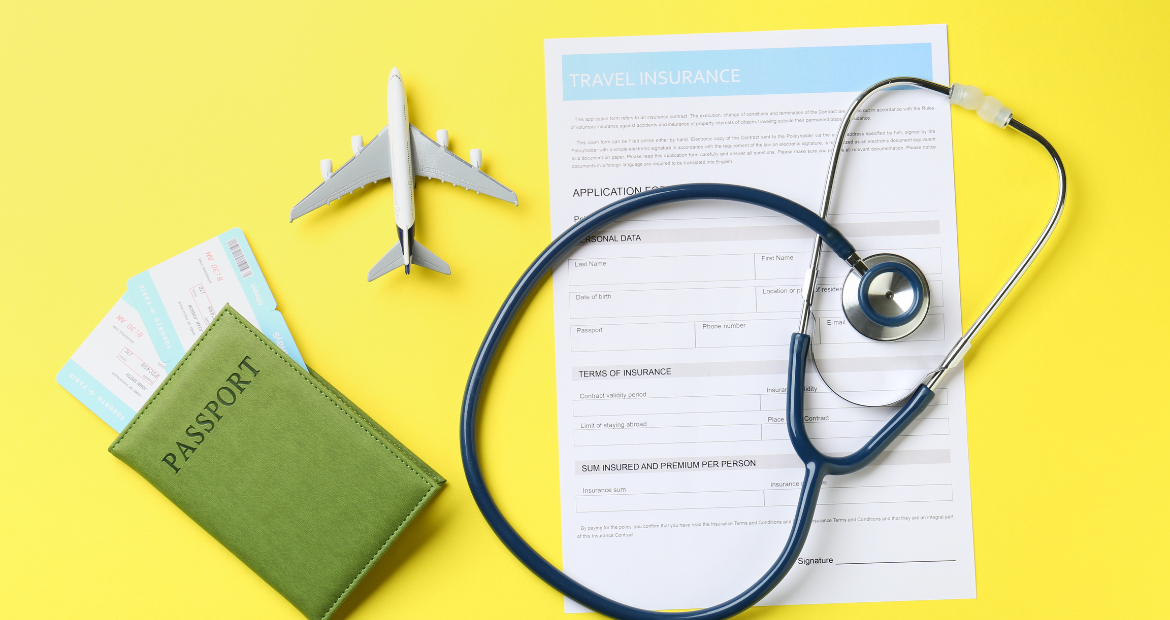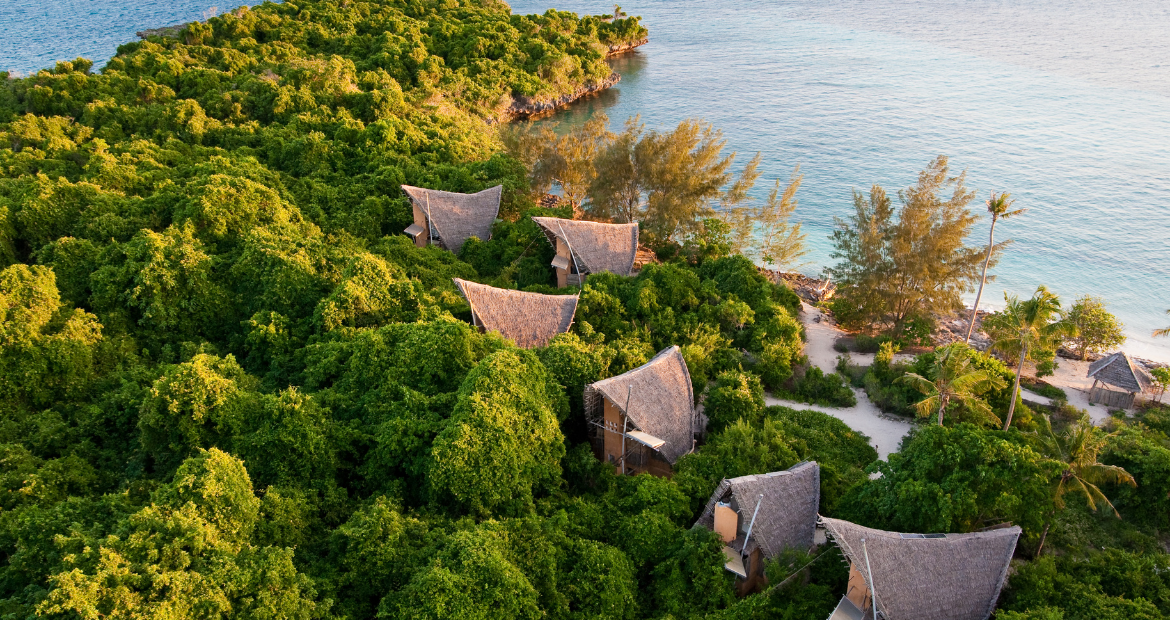Eco Tourism Island
Eco-tourism and travel to remote, untouched destinations have become increasingly popular among adventurers and conscious travelers. Whether you’re hiking the Inca Trail, exploring the wilderness in Bhutan, or participating in conservation efforts in the Galápagos, these experiences are enriching—but they also carry unique risks. That’s where travel insurance steps in as an essential travel companion. Traveling far from urban centers and modern infrastructure often means less access to medical care, fewer emergency resources, and unpredictable environments. In this blog, we’ll explore why travel insurance is a non-negotiable when venturing into nature-driven, remote, or sustainable destinations.
- Limited Access to Medical Facilities
One of the greatest challenges in remote or eco-tourist locations is minimal healthcare infrastructure. If you become ill or injured while zip-lining in Costa Rica or hiking in the Himalayas, the closest clinic might be hours—or even days—away.
How travel insurance saves the day:
- Pays for emergency medical bills
- Organizes air ambulance or helicopter evacuations
- Includes 24/7 support for medical emergencies
These activities are not just costly without insurance, but frequently uncoordinated without the proper support structure behind you.
- Trip Cancellations or Interruptions
Eco-travel commonly consists of lengthy travel itineraries and intricate coordination. You may be counting on small regional flights, ferries, or guides with limited schedules. This raises your likelihood of delays, cancellations, or interrupted travel plans because of weather, political instability, or health-related issues.
Travel insurance provides:
- Reimbursement for non-refundable reservations (accommodation, sightseeing tours, domestic transport)
- Coverage for trip interruption in the event of unexpected emergencies
- Reimbursement for flight delays and failure to connect
Having this level of money-back protection when you’re traveling to destinations where things can change at the last minute is priceless.
- Natural Disasters and Weather Events
Offshore and natural locations are more prone to capricious weather. Whether monsoon rains in Southeast Asia, hurricanes in the Caribbean, or bushfires in Australia, these can derail or even cut your vacation short.
Protection covers:
- Cancellation for weather-related emergencies
- Evacuation from areas of disaster
- Food and accommodation fees during delays
For nature-based and far-flung destinations that eco-tourists typically visit, this protection is not only helpful—it’s essential.

Travel Insurance Application Form
- Lost or Damaged Gear
From binoculars and DSLR cameras to trekking equipment and eco-stuff, travelers to remote destinations tend to pack high-end and specialized gear. The likelihood of lost, stolen, or wrecked equipment increases when you’re always on the move or driving through places with unreliable facilities.
Travel insurance may:
- Compensate you for lost or stolen items
- Assure you against damaged personal gear
- Pay compensation for delayed baggage
This can assist you in resuming your journey without severe interruptions and safeguarding your investments.
- Adventure Activity Coverage
Eco-tourism typically encompasses thrill activities like scuba diving, jungle safaris, high-altitude hiking, kayaking, or wildlife photography in rough terrains. Such activities inherently have a greater chance of getting injured.
What to include in your policy:
- Adventure sports coverage (ensure they are not excluded!)
- Emergency rescue and evacuation services
- Medical cost coverage for active travelers
Prior to enrolling, be sure to read the fine print. Most standard policies exclude risky activities unless you add them to your coverage explicitly.
- Assistance Through Language Distances and Cultural DifferencesBeing in a foreign destination frequently involves working through unknown languages, cultures, and healthcare systems. When there is a need for assistance or legal trouble, this can introduce layers of confusion and delay.
- With insurance, you enjoy:
- 24/7 multilingual support
- Emergency legal assistance
- Assistance with lost passports and embassy coordination
Having a good support system through your insurer brings reassurance, particularly while exploring new cultures.
- Sustainable Travel Doesn’t Mean Risk-Free Travel
Eco-tourism encourages responsible, sustainable travel, but it doesn’t erase the uncertainty of nature or the dangers associated with it. Indeed, most off-the-grid locations don’t have safety measures like rapid access to physicians, pure drinking water, or emergency squads. Insurance closes the gap between risk and safety—so you can concentrate on the good that your trip will bring instead of fretting over what might happen.
Conclusion
If you’re embarking on a trip that ventures beyond the tourist trail—into the rainforests, mountains, oceans, or protected areas—travel insurance is not only advisable; it’s mandatory. It gives you the safeguard that makes your environmentally sensitive trip worthwhile, fun, and hassle-free, even when things go wrong. By protecting against medical emergencies, trip cancellations, lost equipment, and more, the proper travel insurance policy allows you to dive into distant places without worry. It’s an inexpensive investment that can make a huge impact on your entire travel experience.

 +18585990381
+18585990381





